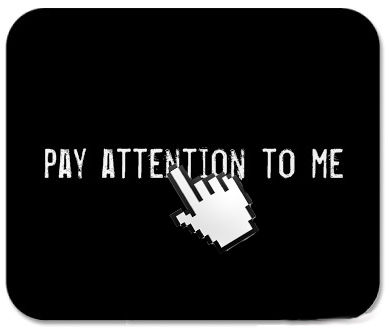Cycle of Clouds- shift in authority
- anyabatra

- Feb 9, 2019
- 3 min read

When first man was unsure about his path in life, society told him to look up to God to show the way. The life of early man was simple - if he didn’t know the answer to something, he would simply place his faith in some supernatural force. Later, the Priest became the medium through which man communicated with god. The next such institution that man placed his faith in, was the King. With the advent of monarchies and the belief that the king was a manifestation of god, man probably thought that this was the best suited representative (of God) to place his faith. Hence, man’s abilities and practices were not influenced by his free will but significantly influenced by actions of the priest and king.
Centuries later we saw a revolution on the “free will” front. Authority shifted from the priest and king and man began to place importance on his feelings. He refused to believe that he shouldn’t have any control in matters affecting him. The paradigm shifted further with the liberalism revolution. From placing his complete belief in religious scriptures and gods and priests, man began to believe in himself. If he didn’t know something or didn’t know what to do, he began to search for answers within himself. Emphasis was placed on the fact that man needs to hear what his feelings were telling him. This, in fact, forms the very base of liberalism itself. Some people may even call this humanism. This form of individualism, where man paid attention to his feelings, became the most popular belief.
The problem with the phase of life where authority was in the hands of the priest or king was exploitation. When we compare that form to the current form, liberalism, we observe that the system of belief in self was possibly the best system that could have been created. Human feelings became the best decision-making algorithm that the world has experienced.
In my opinion, this notion of individualism is being challenged today. Not by the religious fundamentalists or dictators but by laboratories, scientists, universities, research departments.
Scientists, all over the world, are challenging the fundamental principle of individualism that human feelings are the best authority in the world. Feelings are definitely real but they are not some metaphysical gifts that humans are endowed with. They are algorithms of bio- chemical reactions. They are bio-chemical processes of calculation. They calculate the probabilities of situations and help us make decisions. Hence, scientists are telling us that we don’t need feelings to be the best authority in the world. According to them, we need data and computing power to help us make decisions and this is the point where authority shifts from humans to algorithms.
I’m pretty sure all this sounds quite abstract. I’ll try giving an example of this. A baboon in Africa needs to survive; in order to survive he needs to eat and ensure he doesn’t get eaten. He sees a banana hanging on a nearby tree. He also notices a lion close by. He has to make a choice. Either he forgoes the banana or attempts to get the banana with a high possibility of getting attacked by the lion. To make his decision and weigh the outcomes, the baboon requires data. Data about the lion, such as the distance between the lion and the banana and his speed. The baboon also requires data about the banana, such as whether or not the banana is ripe and can be eaten immediately. The baboon also needs data about himself such as his degree of hunger, his depth of desire for a banana and so on. When the body, through the sense organs absorbs this data and the mind as the calculator processes this data, the body makes a decision. This decision or final output is what we call ‘feeling’.
With rapid advancements in technology, science isn’t far from creating algorithms which help understand man, better than man himself. Till recently we could never have such a system because we did not have the ability to collect and store large amounts of data but with the rapid pace of development in information technology, it is possible to see a positive outcome in the near future. We already can see small manifestations of this in society e.g. google maps. That is one such example where we trust the technology more than we trust ourselves.
If you have made it this far into the article then, dear reader, I want to leave you with one last insight. Authority began with god in the clouds, to human feelings, and now authority goes back into the data storing clouds. This truly embodies the paradox of human life and evolution – the full circle of life!








Very organized thoughts Anya. Keep writing